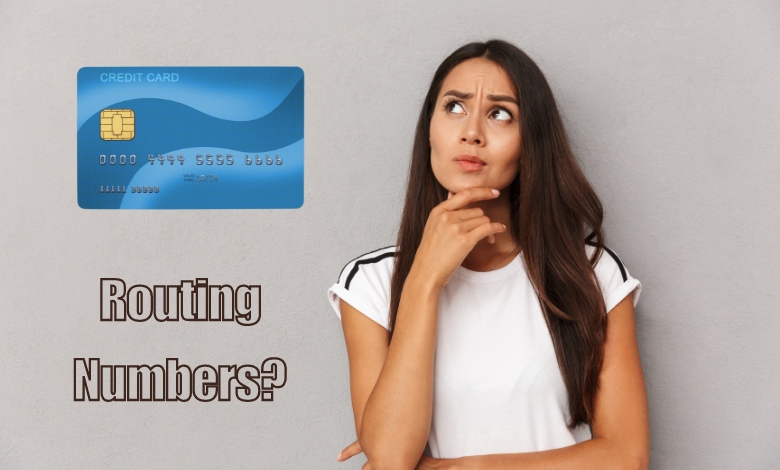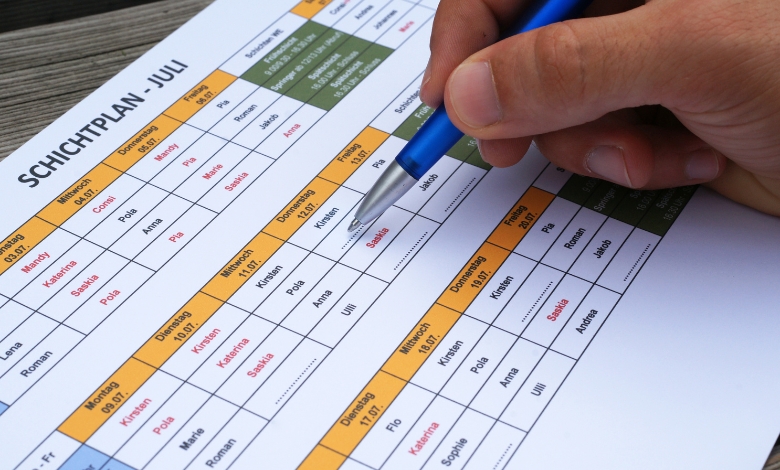Discover if do credit cards have routing numbers and find out what you need to know about this basic banking idea.
Having more than ten years of experience in personal finance, I often answer questions from clients, mostly about credit cards and their relationship to bank accounts.
One frequently asked question is whether credit cards have routing numbers, a topic that causes a lot of confusion.
I remember a teenage client managing her school debts keen to raise her credit score. “Do credit cards have routing numbers?” she asked.
This apparently simple question started a more detailed conversation about the differences between credit cards and regular banks.
Her knowledge grew as I explained that credit cards work under a different system and discussed the role routing numbers play in bank transactions. This event highlighted the need for informing consumers about credit products.
Good money management depends on a thorough understanding of financial tools like credit cards.
Let’s thus explore whether credit cards really have routing numbers and what this means for your financial journey.
Article Breakdown
What is a Routing Number?

In a transaction, a routing number—a unique nine-digit number—identifies a financial institution. Imagine it as the DNA of a bank guiding your money to the correct place. Checks, direct deposits, and wire transfers are among the several financial operations where these numbers are very important. They ensure the correct routing of your money between banks.
The first time I had to arrange a direct transfer for my pay comes clearly to me. My routing number and account number were asked for on a paper the HR department sent. At first, I was confused. I had never really looked at the small print on my checks. Following a brief call to my bank and some research, I realized that nine-digit number was really important. It was a small detail that had a big effect on making sure my hard-earned money got where it should have.
Do Credit Cards Have Routing Numbers?
The simple answer is no; credit cards don’t have routing numbers. Routing numbers are unique to bank accounts—such as checking or savings accounts. Credit cards work differently, and their transactions do not need routing numbers. Rather, credit cards have a special set of digits called the credit card number and an account number.
Once, I got a call from a friend who was rather panicked as she couldn’t find the routing number on her credit card account. Thinking she needed the routing number, she was trying to arrange an automatic payment for her utility account. It was the perfect teaching moment to explain how credit cards and bank accounts work differently. Later on, we started laughing about it, but it served as a clear reminder of how easily misunderstandings may develop.
Visa
Routing numbers are not on Visa credit cards, just like with all other credit cards. Their card number is a sixteen-digit, their expiration date is present, and their security code is missing a routing number. The Visa network handles Visa transactions; no routing number is needed for processing.
Mastercard
Mastercard credit cards are structured similarly. Their card number is sixteen digits, but they have no routing number. The Mastercard network manages transaction information without needing a routing number.
American Express (Amex)
American Express (Amex) credit cards differ in that their usually 15-digit card number is rather unique. Still, Amex cards lack routing numbers, much like Visa and Mastercard. Their processing is handled via the American Express network.
How to Find the Routing Number on Your Credit Card
Credit cards don’t have routing numbers, so you will not find one on yours. Should you ever need a routing number, it will be for your bank account rather than your credit card.
I remember the confusion I experienced setting up my first PayPal account. To attach my credit card, I was sure I needed the routing number. I discovered I only needed my credit card number after an annoying hour of looking over statements and even calling customer service. It was a relief, but also a lesson on the details of different payment systems.
Using Your Credit Card’s Routing Number for Transactions
As said, credit card transactions do not need routing numbers. Making a purchase with a credit card sends the transaction through the Visa, Mastercard, or Amex card network instead of the banking system using routing numbers.
Is it Safe to Give Out Your Credit Card’s Routing Number?
Credit cards don’t have routing numbers, so this question is rather pointless. Still, it brings up an important issue about the security of your financial data. Share any credit card information—including card number, expiration date, or security code—always with caution.
Possible Risks and Safety Policies
You really must guard your credit card data. Unlike routing numbers, which are generally safe to give for direct deposits or wire transfers, should your credit card information get into the wrong hands, it can be used for illegal activity.
Here are some safety steps you ought to follow:
Once, following a transaction on an unknown website, I discovered credit card details were stolen. Managing fake charges was a nightmare. Since then, I always make sure the websites I visit have safe payment gates and choose PayPal for extra protection.
Other Ways to Make Payments Without Providing Your Routing Number
Although credit cards don’t use routing numbers, there are other ways to perform safe transactions should you be worried about sharing private data:
How Do I Find My Credit Card Account Number?
Finding your credit card account number is easy. Usually, it is the same as your credit card number, but sometimes it can be different. Your monthly statement or online account login will show it.
Is Your Credit Card Number Your Account Number?
Generally speaking, your credit card number serves as your account number. For management reasons, some banks might, however, have separate account numbers. If you’re not sure, always check your statement or call your bank.
I recall the confusion I experienced when first trying to connect my credit card to a new online provider. I wasn’t sure if I needed some other account number or the number on the card. A brief call to customer support made clear that my credit card number was really my account number. It saved a lot of time and possible errors.
Conclusion
Good money management depends on your understanding of the details of your financial tools. Although credit cards don’t have routing numbers, knowing your credit card account number and using safe transaction techniques will help you prevent confusion and possible risk. Always be careful and aware; if you ever doubt financial data, don’t hesitate to get advice. Remember that every bit of information you learn helps you make better financial decisions.



